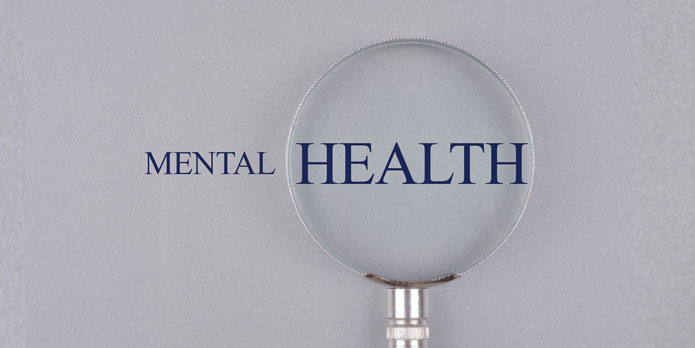
‘Dignity’ as the theme of World Mental Health day
Freshwater’s team of healthcare specialists examines mental health policy in the UK following the global awareness day…
Dignity was the theme of World Mental Health day last month; a quality we recognise as intimately connected to the foundations of human rights: respect, equality and autonomy. However the treatment of mental ill-health has habitually compromised the idea of dignity, historically through exclusion and confinement, today through prejudice, discrimination and ignorance.
According to the former care minister Norman Lamb there is ‘outrageous discrimination at the heart of the NHS.’ This month, his Huffington Post blog stated: “If you have suspected cancer you have a right to see a specialist within two weeks – and rightly so. But if you are a teenager with an eating disorder – a condition which can kill – you have no such right. It’s impossible to justify that.”
Against a horizon of stretched budgets, increasing costs and demand, NHS staff work incredibly hard to compensate for the shortfall in spending and the infrastructure necessary to deal with the newfound prominence of mental ill-health in the minds of the population. Once marginalised, there is now a rising demand that the government begins to understand the implications of mental illness, its prolificacy and its proper treatment.
Prior to the general election, the coalition government pledged to invest a further £1.25bn into children’s mental health services over the course of the next parliament. Eyes will be keenly fixed on the autumn statement later this month and the spending review, which will be the first since 2010 and will detail how George Osborne will achieve a £10bn surplus by 2020. Signals from the government regarding mental health spending seem positive but Jeremy Hunt, secretary of state for health, has insisted that the decisions will, inevitably, be taken by the Treasury.
In the Labour Party’s recent cabinet reshuffle, the heightened public awareness of mental health was addressed through the creation of a new and dedicated cabinet position, with Luciana Berger’s appointment as shadow minister for mental health. The Conservative government’s nearest equivalent is a junior ministerial position held by Alistair Burt, who is responsible not only for mental health, but primary care, care for the elderly, adult social care and disabilities. In comparison, this could be described as a wide ranging and evidently diluted brief restricted to a single government department.
The creation of this new shadow cabinet position gathers its strength in a rather procedural manner. Being entwined with but autonomous from the Department of Health allows the holder to pursue the problems facing the treatment of mental health in a more fluid, multi-departmental fashion, by working across all sections of government policy.
The statistics surrounding mental health express its multi-faceted nature; its veins run through education, policing, social care, its fundamental causes are varied and can relate to poverty, systemic failures and economic hardship. Just as society is constructed through the vast labyrinths of human expression and the matrix of needs, desires and values, mental health is rooted, and yet not anchored, in any one particular location.
One of the priorities for mental health campaigners has been to achieve parity with physical illness through the extremely effective tactic of comparison. Time to Change recently published an article describing the very different treatment afforded to physical injury and mental illness. Likewise, comics such as the one below highlight the absurdity of trivialising physical issues in the same manner that many people would trivialise mental ill-health.
What has been described as the ’invisible nature’ of mental health problems tends to lead to this lack of understanding and empathy. Unlike most physical illness, where either the symptoms are visible or expressed physically, the causal link between mental illness and suffering is not as readily evident.
What is evident are the brutal facts. The Cavendish Square Group, which provides a collective voice for 10 London NHS trusts, published figures earlier this year which show that mental ill-health costs the London economy alone £26bn per year. The question that must be addressed, overlooked by successive governments, is not whether we can afford to improve mental health services, but whether we can afford not to.
As mental health groups continue to campaign for parity of esteem between mental and physical health it is important to reflect on the achievements made so far. World Mental Health Day attracted headlines around the world, was endorsed by celebrities and politicians and trended worldwide. When a subject historically maligned by a lack of attention, where suffers suffer further through being unable to speak about their difficulties for fear of exclusion, achieves worldwide coverage, we can view the campaign as necessary triumph in a longer fight.
Freshwater’s healthcare team has significant experience of working with health and social care organisations and NHS trusts, offering services from integrated communications to crisis management, as well as delivering events and training.
